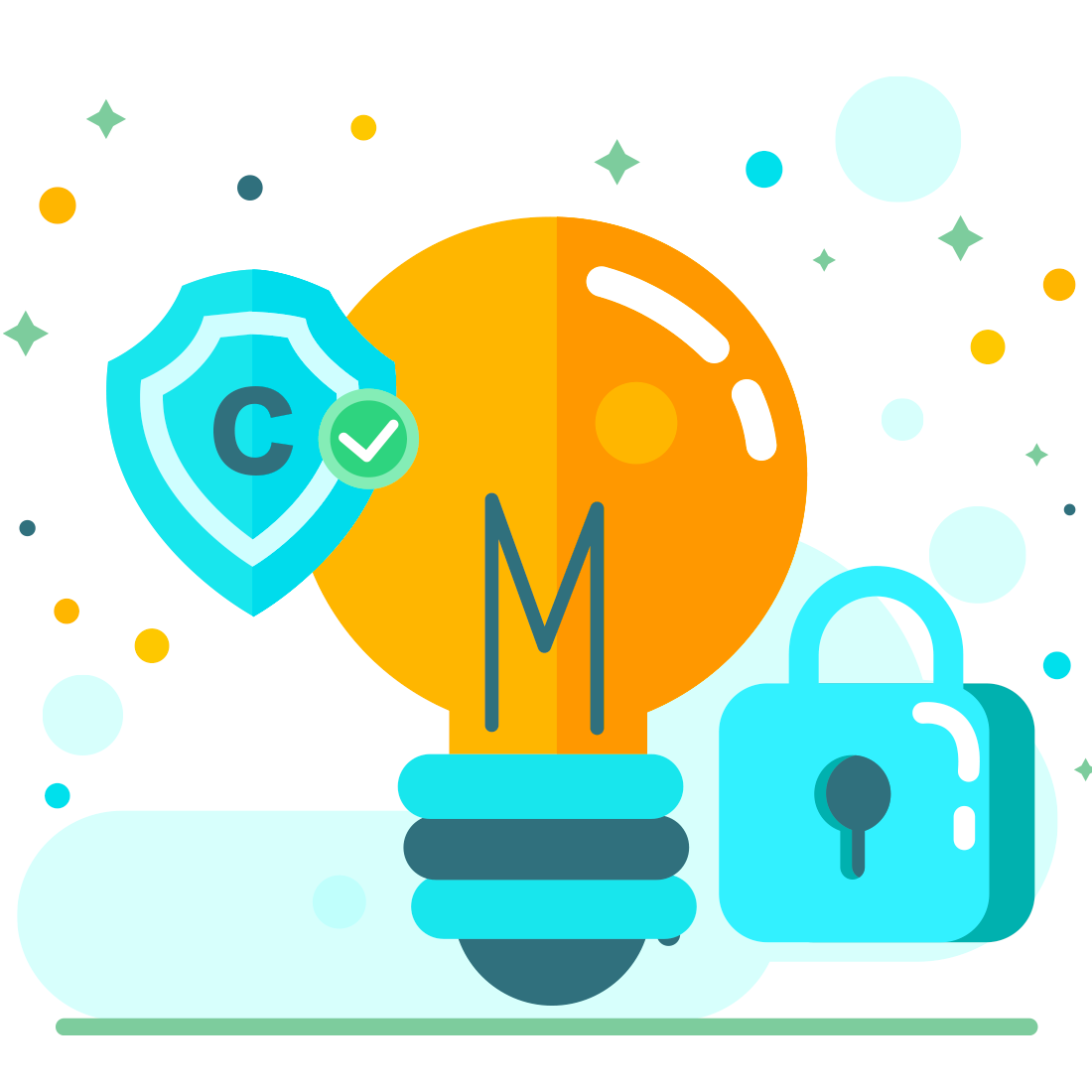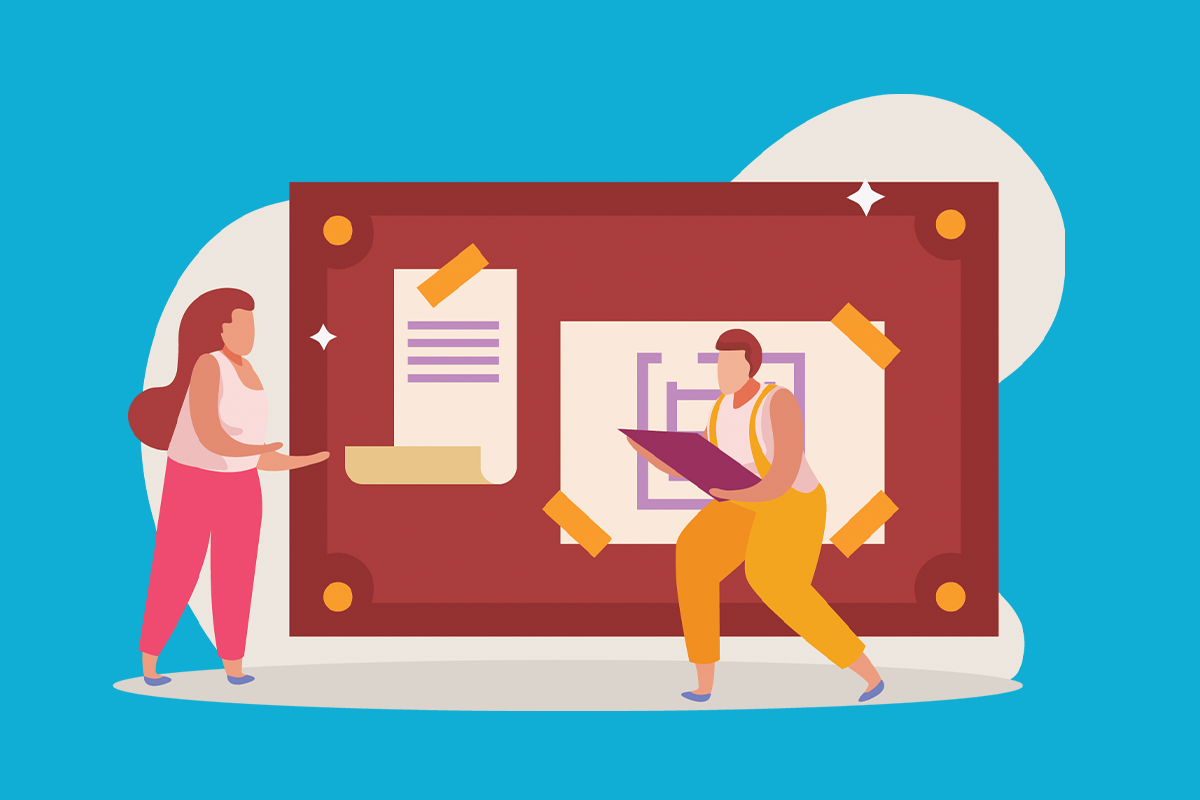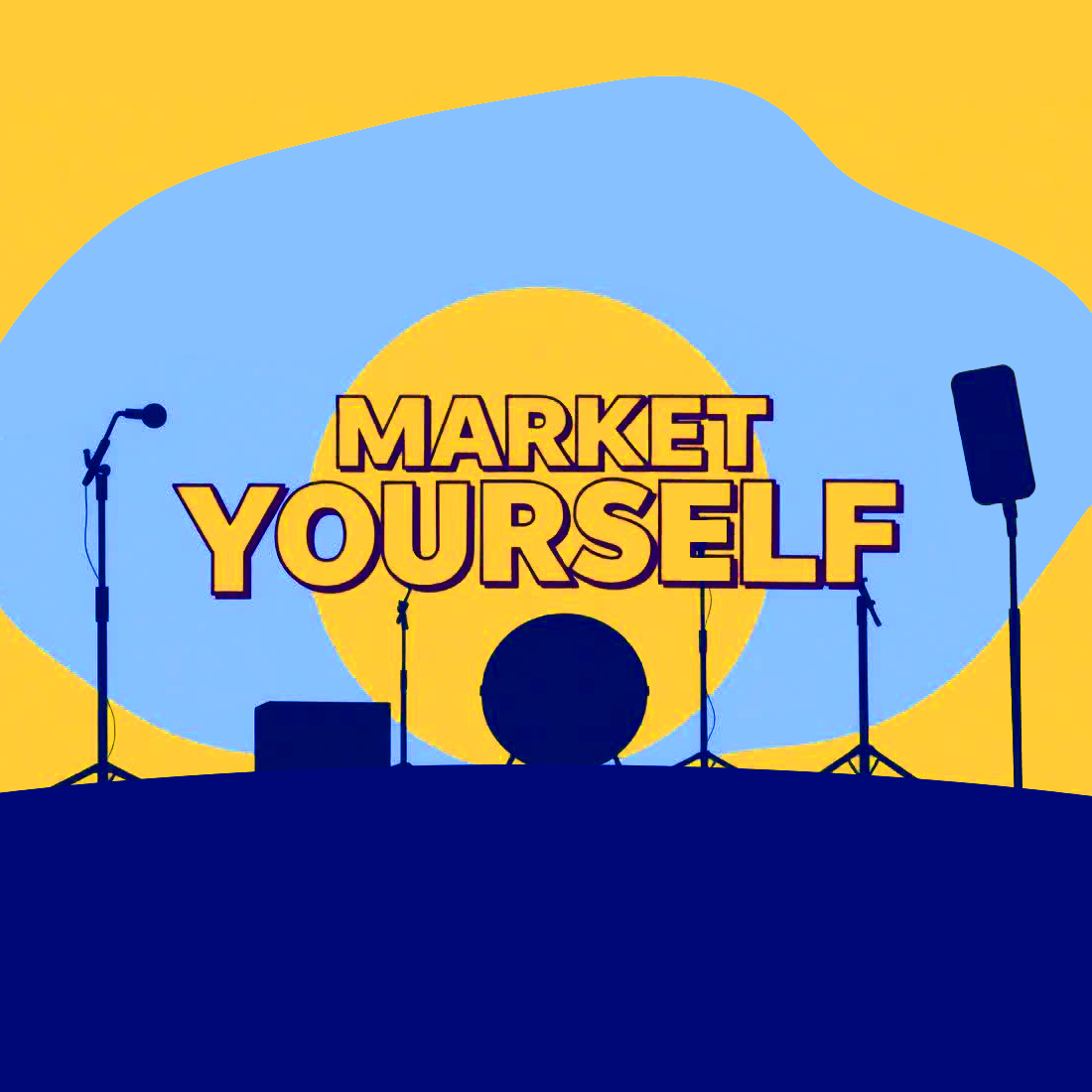You’ve spent months writing, rehearsing, perfecting your performance—and then it happens: someone uses your work without permission, doesn’t pay for your time, or claims credit for your ideas. If you’ve been there, you’re not alone. Many performing artists are vulnerable to creative theft or unfair deals simply because they don’t know their rights. Here’s the good news: You don’t need a law degree to protect your performance. With a few key tools and some legal literacy, you can take control of your art and your future. This is your crash course in the basics of copyright, contracts, and creative protection.
1. Copyright 101: What’s Yours Is Yours—If You Claim It
Copyright is a type of intellectual property (IP) that protects original creative work. As a performer, this can include:
- Choreography
- Original music or lyrics
- Dramatic monologues or scripts
- Performance recordingss
You automatically own the copyrightthe moment you create an original work—but proving it can be tricky if you don’t document it.
Steps you can take:
- Keep drafts and dated versions of your work Use DiMi’s Work Ownership Logging (coming soon) to timestamp and archive your creations Consider registering your work with the U.S. Copyright Office for added protection and legal leverage
2. Understand the Fine Print: Spotting Contract Red Flags
Contracts are more than just paperwork—they’re the boundaries that protect your rights, your time, and your pay. If you’re freelancing, collaborating, or accepting a gig, you need a contract that’s fair and clear.
Watch out for:- Work-for-hire clauses: This can mean you give up ownership of your work completely
- Ambiguous payment terms: Always confirm how, when, and how much you’ll be paid
- Exclusivity clauses:Make sure you’re not unknowingly barred from other gigs
Don’t be afraid to ask questions, request edits, or get help reviewing a contract. You deserve to understand every deal you sign.

3. Know Your Rights When Performing
As a performing artist, your rights don’t stop at creation. You have a right to:
- Be credited for your work
- Receive compensation for your time and skill
- Say noto unauthorized uses or recordings of your performance
- Retain control over how your image or voice is used (especially important in recorded media)
If you're collaborating, make sure there’s clarity on shared ownership or licensing agreements. Get it in writing—even with friends.
4. Protective Tools to Keep You Safe
Here are a few essentials every performer should have in their toolkit:
- Template contracts tailored for creative work (DiMi offers these!)
- Copyright awareness guide and checklists
- A documented digital archive of your work (Google Drive, Dropbox, or DiMi’s logging tool)
Coming soon to the DiMi App:Smart Contracts powered by blockchain that automate and secure your agreements with collaborators, venues, and producers.
Final Thought
Your art is your livelihood. Don’t wait until there’s a problem to start protecting it. Knowing your creative rights is just as important as knowing your lines, notes, or choreography. At Dream It Make It, we’re here to support not just your performance—but your protection.







